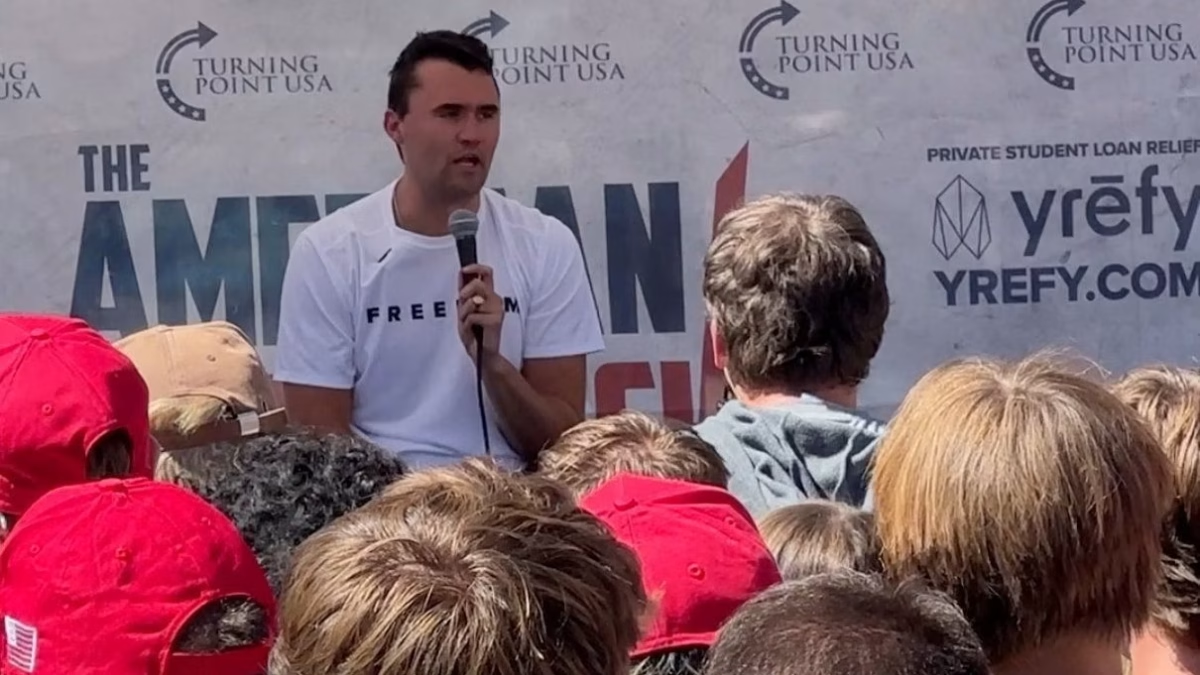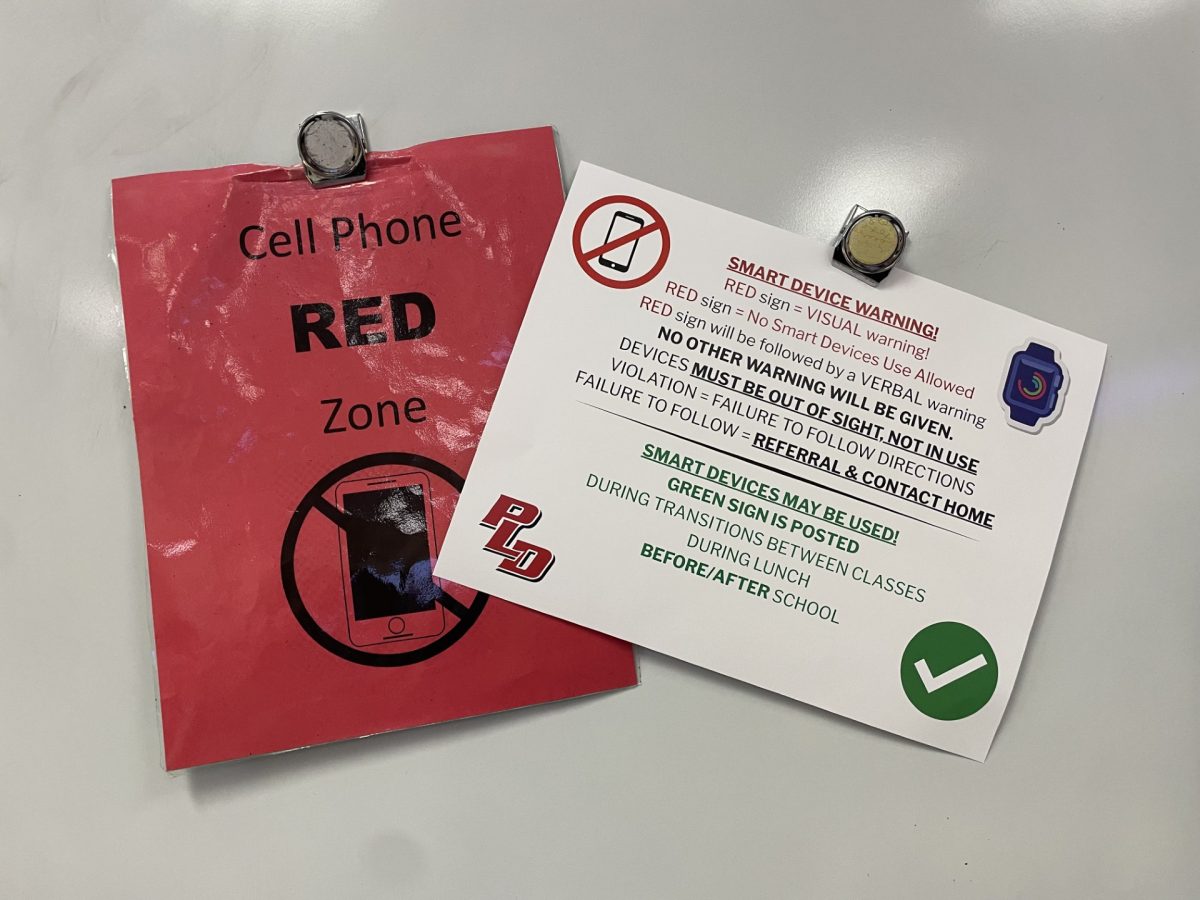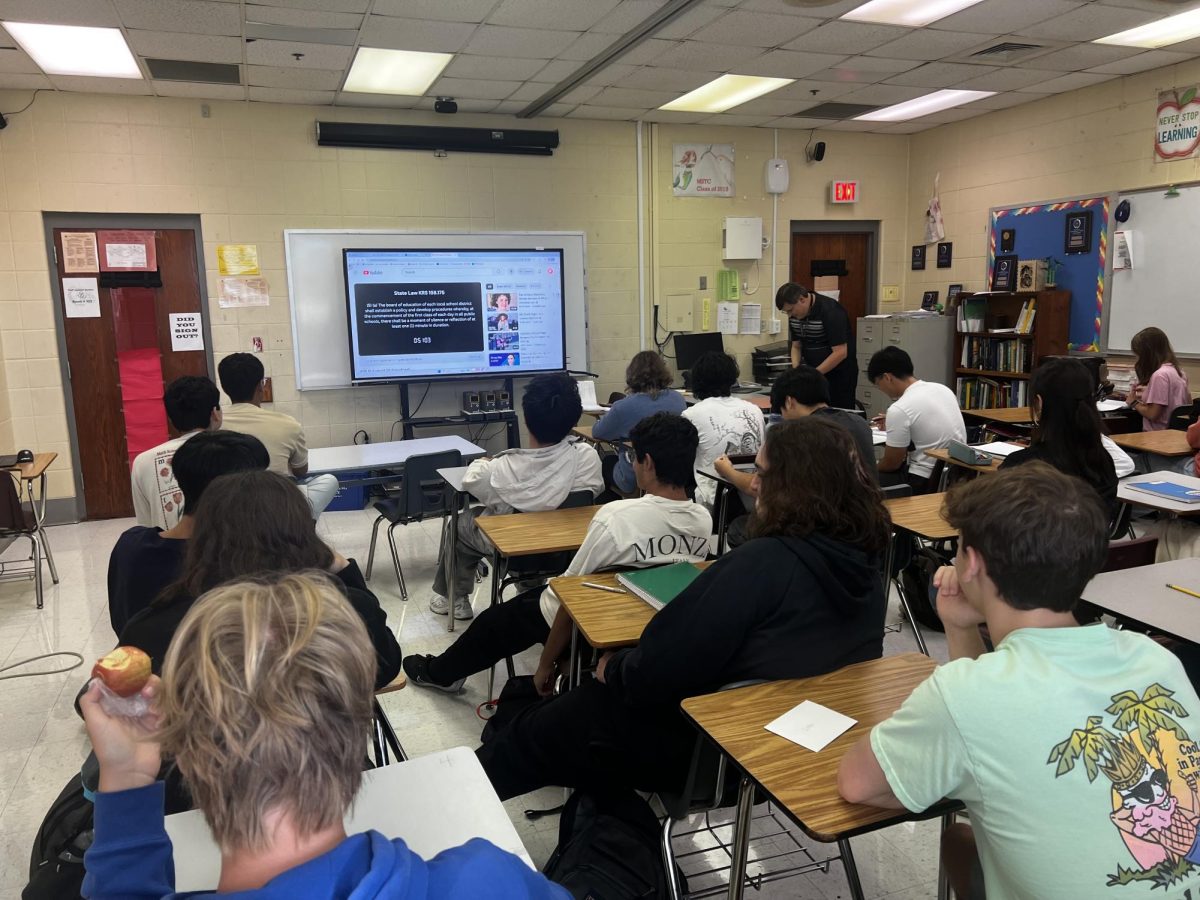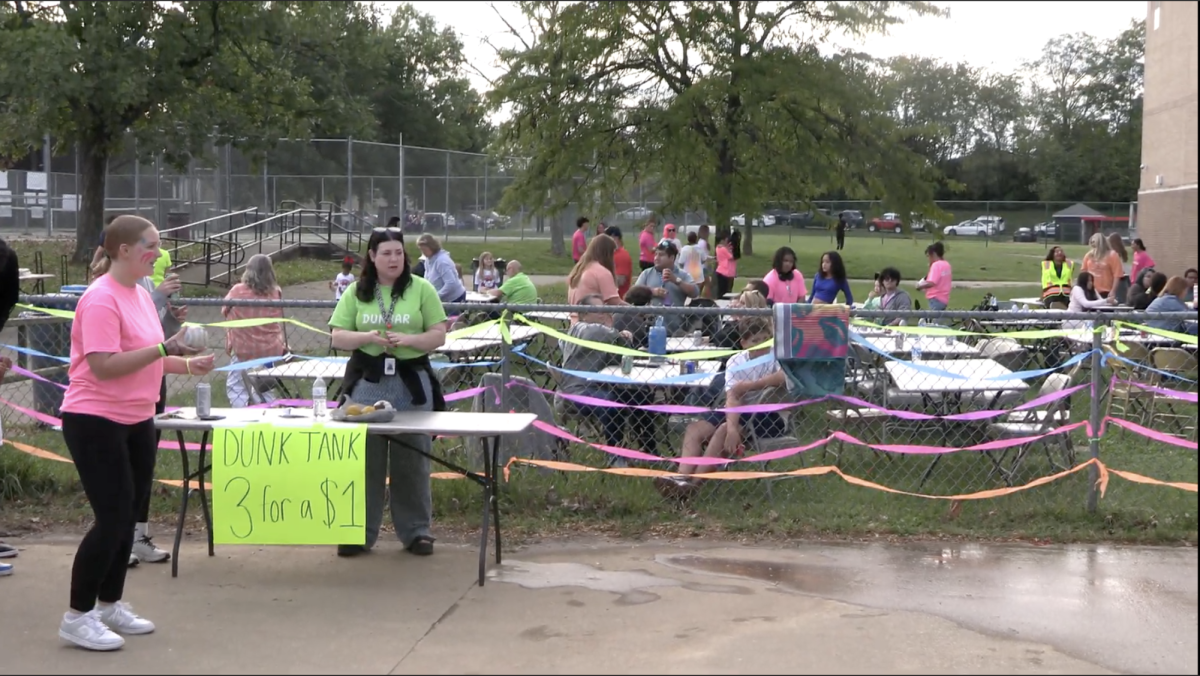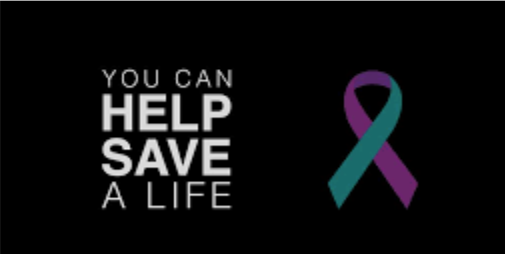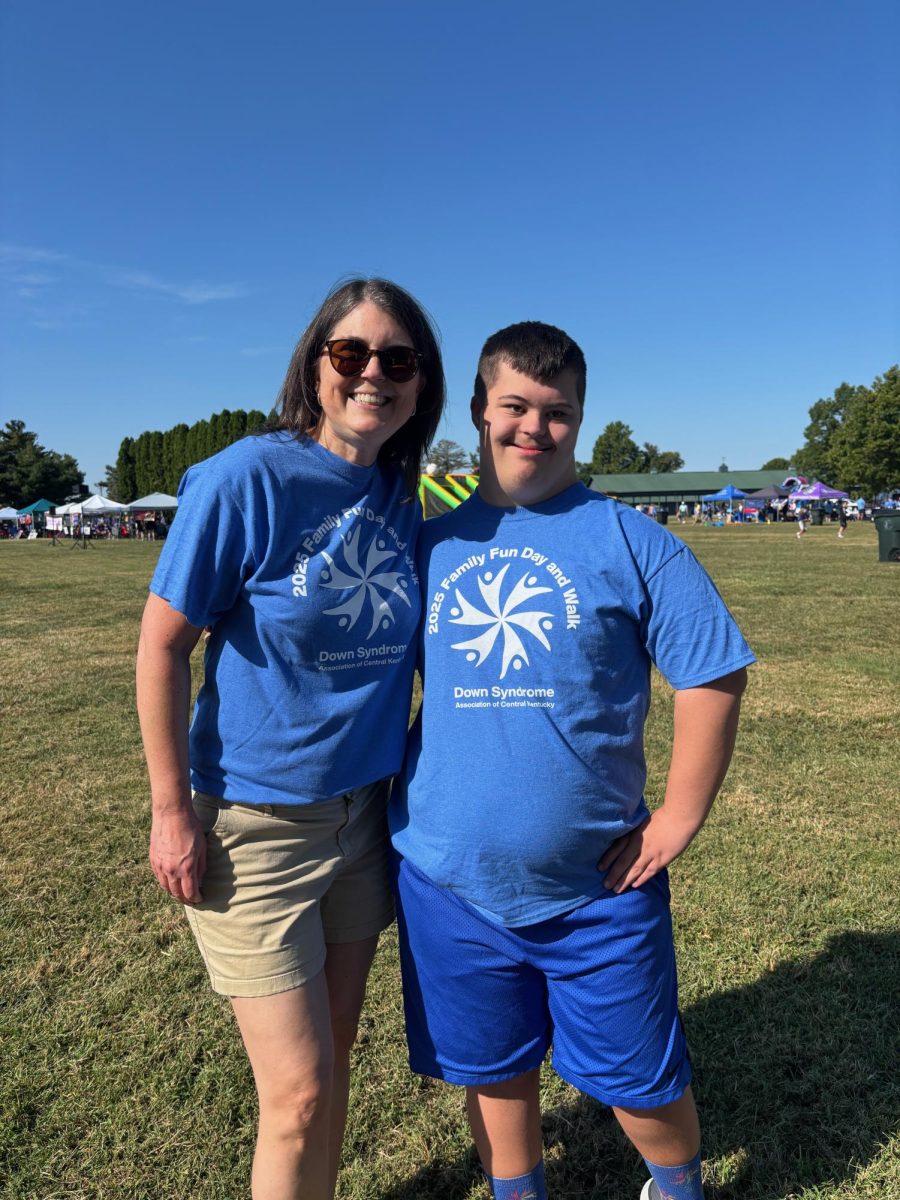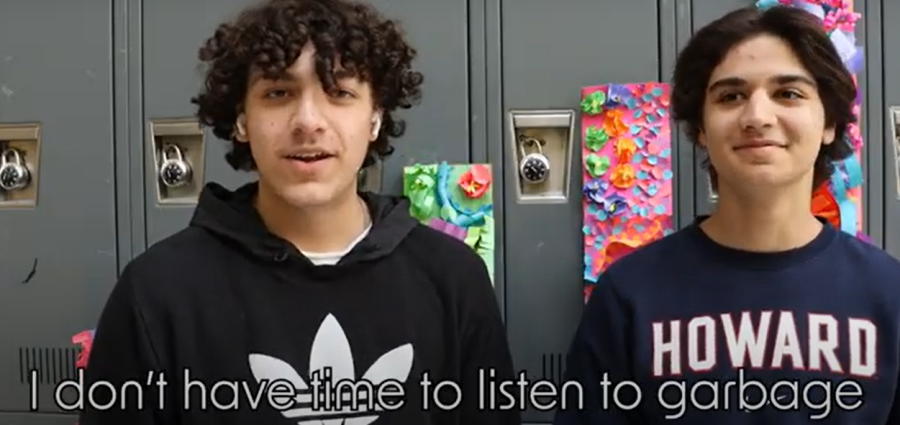Every 11 minutes, someone in the U.S. dies by suicide. September was designated as National Suicide Prevention Month in 2008 to raise awareness. It was established to promote and connect suicide prevention resources to the people in need. Suicide is a major issue, but it’s largely overlooked. Suicide Prevention Month aims to acknowledge this issue and help those with suicidal ideation feel seen.
Suicide is the second leading cause of death among individuals ages 10-24, a sobering statistic that underscores the importance of mental health awareness in high schools across the country. At Dunbar, this issue is particularly relevant as students navigate the pressures of academics, extracurricular activities, and the social challenges of adolescence.
“With my classes getting harder, and the work piling on, it gets exhausting. But it’s nice to know I’m not alone,” sophomore Elisabeth Otipoby said.
Dunbar offers a variety of resources to support student mental health. The school gives access to trained counselors who are available for confidential conversations, mental health specialists who provide guidance on coping strategies, and a licensed psychologist who can offer in-depth support for students experiencing significant emotional challenges.
“We have wonderful mental health specialists. We have a great school social worker and a wonderful guidance office. But many students don’t even know that they can go there,” humanities teacher Mrs. Alicia Henning said.
Students can leave class at any time and schedule to meeting with a counselor, ensuring that help is accessible when it is needed most.
Beyond staff support, Dunbar encourages students to engage with peer support programs and wellness workshops, which aim to foster a sense of community and teach coping skills.
“I can tell when some of my friends are feeling down. But I often notice they feel better, even for just a little, when we talk and crack jokes together,” sophomore Ayn Chung said.
Dunbar students themselves play a key role in creating a supportive environment. All have their own approach to the situation.
Many communities outside of the traditional school environment can also be a vital tool.
“Having a community, like an extracurricular community, is probably the single most important factor for a kid, so they don’t end up wanting to take their own life,” said Mrs. Henning.
Some Fayette County schools participated in World Suicide Prevention Day on September 10th by wearing teal or purple, colors that symbolize hope and support for those struggling with mental health challenges. In addition to this visual display, schools organized events such as mental health workshops, peer support sessions, and informational assemblies to educate students about warning signs and coping strategies, such as Question, Persuade, Refer (QPR) and Youth Mental Health First Aid, which are designed to equip participants with the skills to recognize warning signs of suicide and respond appropriately.
For students in need of immediate support, it is recommended to contact counselors directly or reach out to national hotlines such as the 988 Suicide & Crisis Lifeline, which provides free, confidential support 24/7.

